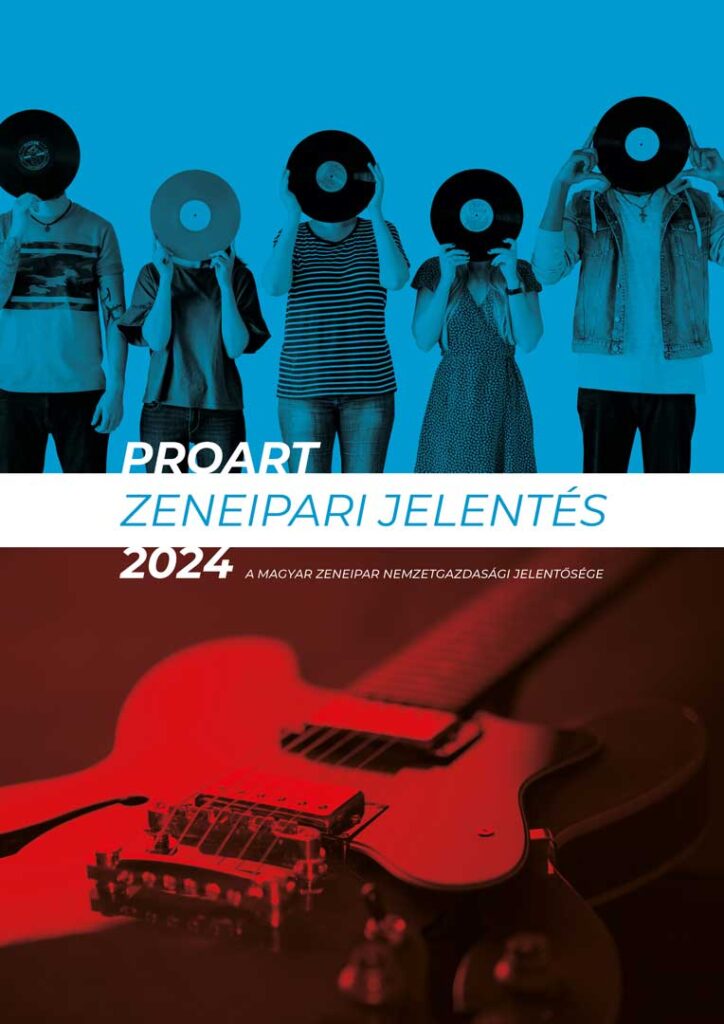Last week saw the release of the Music Industry Report 2024, prepared by the Hétfa Research Institute for the seventh time on behalf of ProArt. Fittingly for the summer launch, the first professional discussion took place at the Strand Festival, where Klára Nagy from Hétfa and Dr. Péter Horváth, Director of ProArt, presented the study’s main findings, joined by Gergely Horváth, Editor-in-Chief of Dalszerző. For a decade now, ProArt has consistently worked to explore and showcase the state, development trends, and economic significance of the Hungarian popular music industry.
The research was carried out with the involvement of MAHASZ, EJI, and Artisjus, and relied on a new macroeconomic approach. The study not only assessed the direct performance of the sector but also examined its broader economic embeddedness, including employment and budgetary impacts as well as multiplier effects on related industries. It provides a detailed account of the methodological framework, data sources used, and structural characteristics of the domestic music sector. The publication also aligns with the latest international music industry research, serving as a domestic adaptation of IFPI’s 2024 report ’Music in the EU’.

According to Hétfa’s analysis, every HUF 1 billion of direct spending in the Hungarian music industry generates HUF 2.04 billion of economic activity, effectively doubling the value created in the wider economy. In 2023, the sector’s direct turnover exceeded HUF 137 billion – outperforming the Hungarian book market – while the entire ecosystem produced more than HUF 282 billion in added value, representing around 0.3% of Hungary’s GDP. The industry employs over 17,000 people, primarily within micro and small enterprises. At the same time, the report highlights the dual structure of the sector: while most companies employ only a few people, the majority of revenues are concentrated among the largest players. This structure gives the sector flexibility and dynamism but also weakens its collective advocacy and increases the vulnerability of professionals. The study emphasizes that following the post-pandemic recovery, regular and detailed monitoring of the music industry is essential to ensure well-informed policymaking and effective targeted interventions.
The latest Music Industry Report can be downloaded from www.zeneipar.info (in Hungarian).

